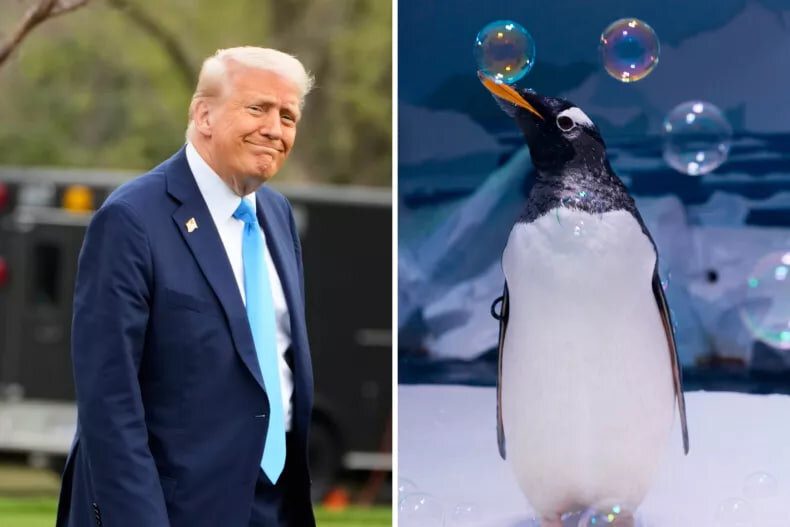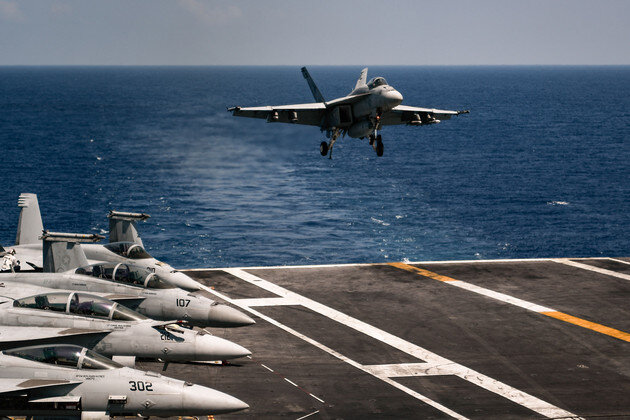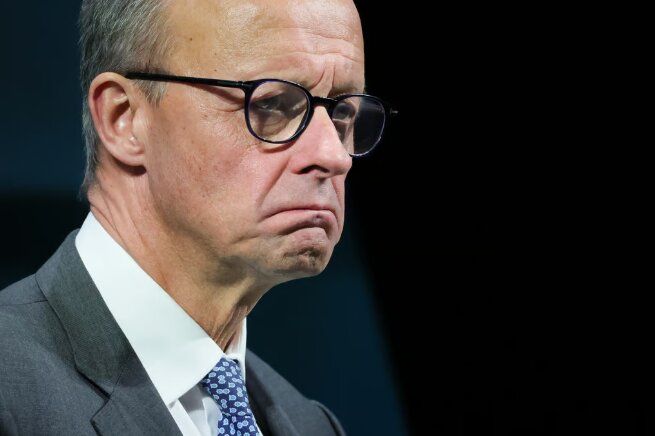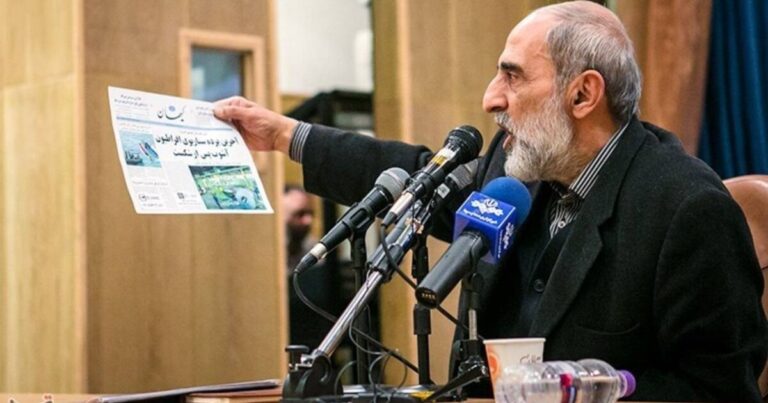Trump Imposes Tariffs on Remote Penguin-Only Islands: What It Means for Global Trade
President Donald Trump has recently unveiled a controversial new tariff strategy that includes the imposition of tariffs on a group of remote islands, primarily inhabited by penguins. This announcement marks a significant development in U.S. trade policy, aimed at addressing the nation’s substantial trade imbalance.
On what he labeled “Liberation Day,” Trump proposed a universal 10 percent tariff on all imports from various countries, with additional tariffs on numerous others. This initiative is part of the administration’s effort to tackle the staggering $1.2 trillion trade deficit recorded last year. However, many economists express concern that these tariffs could disrupt the U.S. economy, acting as taxes on American companies that will ultimately be passed on to consumers.
The new tariffs include those on the uninhabited volcanic Heard and McDonald Islands, a remote territory that is home solely to penguins, seals, and seabirds. According to Axios, this decision stemmed from the islands being part of Australian territory. An informational guide from the Australian government describes these islands as “one of the wildest and remotest places on Earth.”
Access to the islands is limited to a lengthy two-week boat voyage from Perth, Australia, as noted by the Australian Antarctic Program. Remarkably, The Guardian reported that no human has set foot on these islands in nearly a decade.
The White House has stated that the islands currently enforce a 10 percent tariff on goods imported to the USA, which they attribute to “currency manipulation and trade barriers.” In retaliation, the United States has enacted “discounted reciprocal tariffs” at the same rate.
This decision triggered a strong reaction from Australian Prime Minister Anthony Albanese, who remarked, “Nowhere on Earth is safe.”
According to the World Bank, the U.S. imported approximately $1.4 million worth of goods from Heard Island and McDonald Islands in 2022, primarily categorized as “machinery and electrical” products, despite the absence of buildings or residents. The islands do possess a fishery, but details about the imported products remain unclear. In the previous five years, imports fluctuated between $15,000 and $325,000 annually.
In addition to the Heard and McDonald Islands, other Australian “external territories” included in the tariff list are:
- Cocos (Keeling) Islands
- Christmas Island
- Norfolk Island
Norfolk Island, which has a population of 2,188 residents, faces a significant 29 percent tariff, which is 19 percentage points higher than the rate for mainland Australia. In 2023, Norfolk Island exported goods worth $655,000 to the U.S., with leather footwear being its primary export at $413,000, as reported by the Observatory of Economic Complexity.
Despite these figures, George Plant, the administrator of Norfolk Island, contested the data, stating, “There are no known exports from Norfolk Island to the United States and no tariffs or known non-tariff trade barriers on goods coming to Norfolk Island.”
As Trump announced these new tariffs, he criticized previous administrations for allowing foreign nations to “exploit” American workers and the economy. He asserted that Americans have been unfairly subsidizing other countries for decades, claiming his plan would finally put America first. He emphasized, “Trade deficits are no longer merely an economic problem. They are a national emergency.”
Trump has projected that the new tariffs will generate $6 trillion over the next decade, returning funds to the U.S. economy and benefiting taxpayers. However, some Republicans caution that short-term economic pain may be an unavoidable consequence of these policies.
Following Trump’s announcement, U.S. stock markets reacted negatively, with the Dow Jones, S&P 500, and Nasdaq all experiencing declines. Notably, Trump scheduled his announcement for 4 p.m. ET to minimize potential market impact.
Australian Prime Minister Albanese addressed the situation, saying, “Norfolk Island has got a 29 percent tariff. I’m not quite sure that Norfolk Island, with respect to it, is a trade competitor with the giant economy of the United States, but that just shows and exemplifies the fact that nowhere on Earth is safe from this.”
In a follow-up post on social media platform X, Albanese reaffirmed his government’s commitment to Australian interests, stating, “These are uncertain times—but all Australians can be certain of this: we will always stand up for Australian jobs, Australian industry, Australian consumers, and Australian values. These tariffs are not unexpected, but they are unwarranted.”
Additionally, Trump announced a 25 percent tariff on all foreign-made automobiles, which will take effect on April 3. The baseline tariffs of 10 percent will be implemented on April 5, while the reciprocal tariffs are set to commence on April 9.






